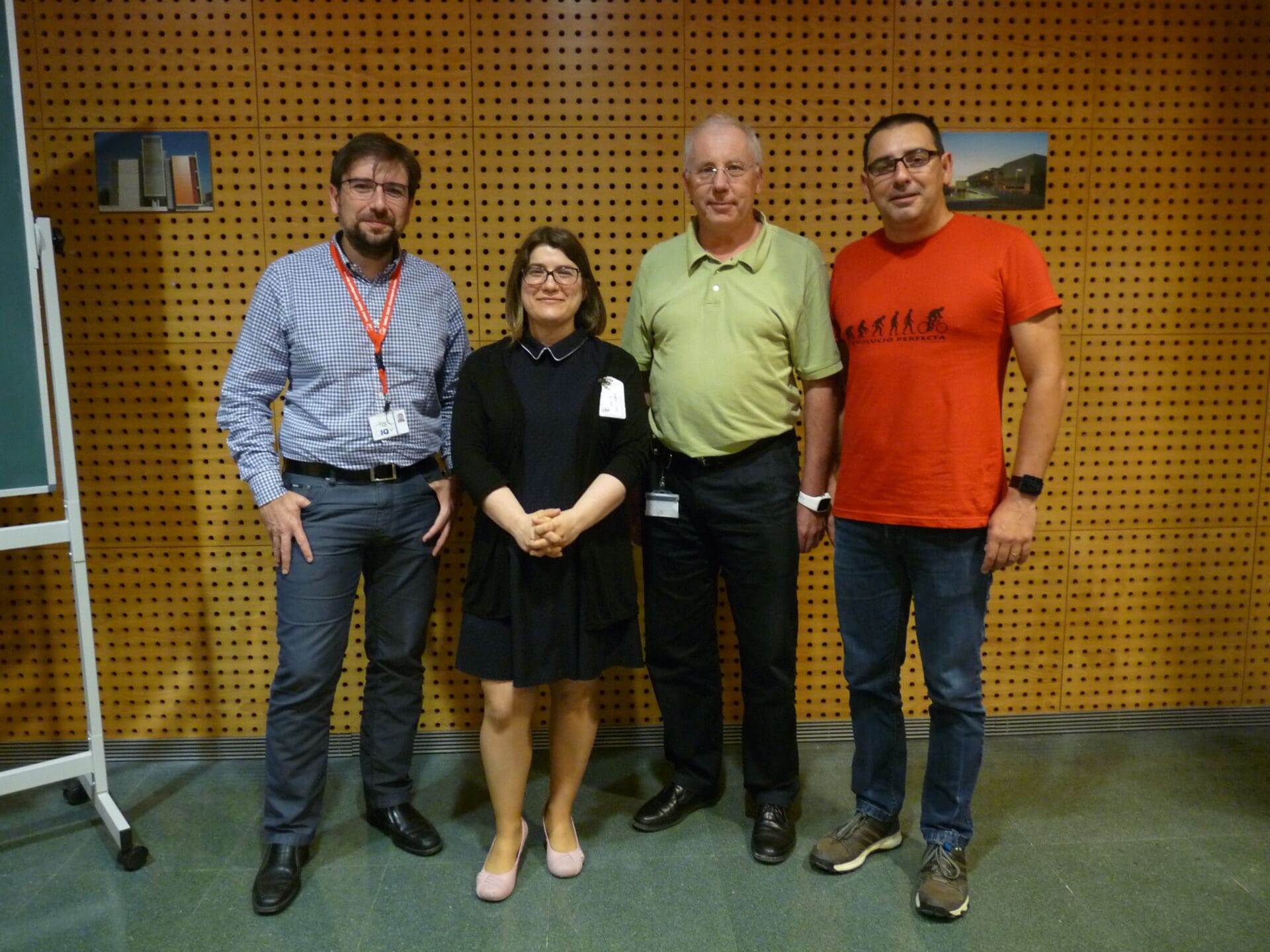
 05/06/2017
05/06/2017
 16:30
16:30
 ICIQ Library
ICIQ Library
- Lecturer: Prof. Dr. Daniela. A. Wilson
- University: Radboud University Nijmegen (The Netherlands)
Autonomous Self-assembled Particles for Biomedical Applications
Self-powered artificial motile systems are currently attracting increased interest as mimics of biological motors but also as potential components of nanomachinery, robotics, and sensing devices. Herein we report a supramolecular approach to design synthetic motile systems using self-assembly of amphiphilic block copolymers and the controlled folding of the supramolecular structures into different shape morphologies such as bowl shape stomatocytes. During this process active catalysts such as metal nanoparticles or enzymes can be incorporated inside of the structures. The folding process can be precisely controlled to generate architectures with adjustable openings and selective entrapment of catalysts. The structure has an asymmetric morphology with the catalyst incorporated inside and with a small opening. Decomposition of the substrate by the active catalyst, in this case platinum nanoparticles, generates a rapid discharge of oxygen propelling the construct forward. Using a similar approach I will show the assembly of effective nanomotors with entrapment of enzymes and even multiple enzymes in fact up to 6 different enzymes working together in a metabolic pathway. Regulation of the speed and behaviour of the nanomotors is possible due to integration of regulatory feedback and feedforward loops designed to preserve energy and run the motors at even lower concentrations of fuel, while stimuli responsive polymers attached on to the surface of the structure can provide further control in the movement functioning as a “supramolecular brake”. This is the first example of a synthetic motile system able to sense the environment and based on the clues provided to adapt its behaviour and speed. Furthermore recent developments on greater control over the movement of the nanomotors under chemical gradients, magnetic fields or temperature as well as their biomedical applications will be presented.
Other events

Let's create a brighter future
Join our team to work with renowned researchers, tackle groundbreaking
projects and contribute to meaningful scientific advancements



















